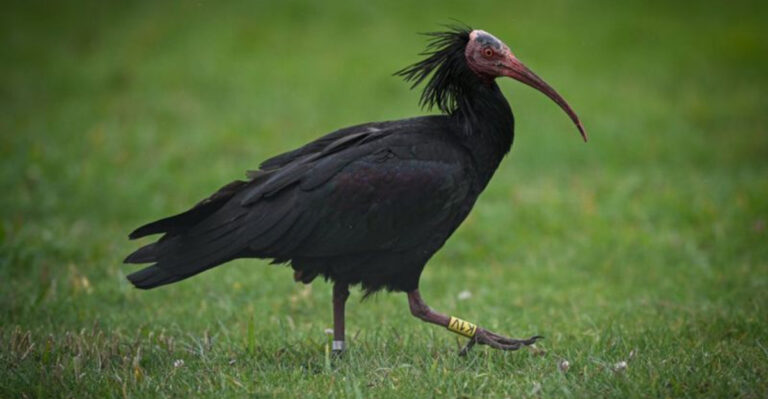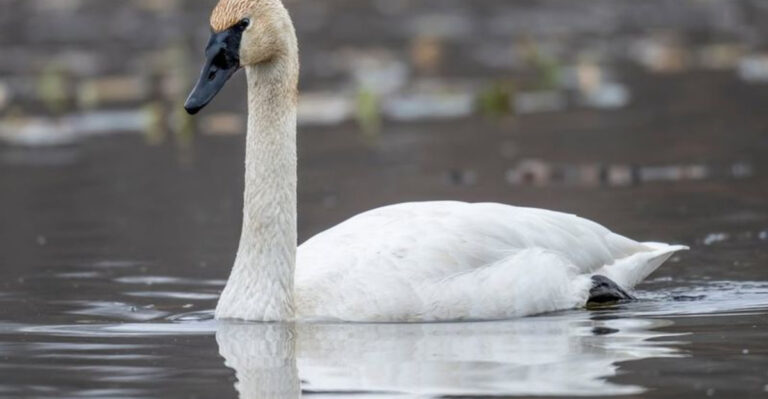How Cruise Ships Are Harming Mexico’s Whale Sharks
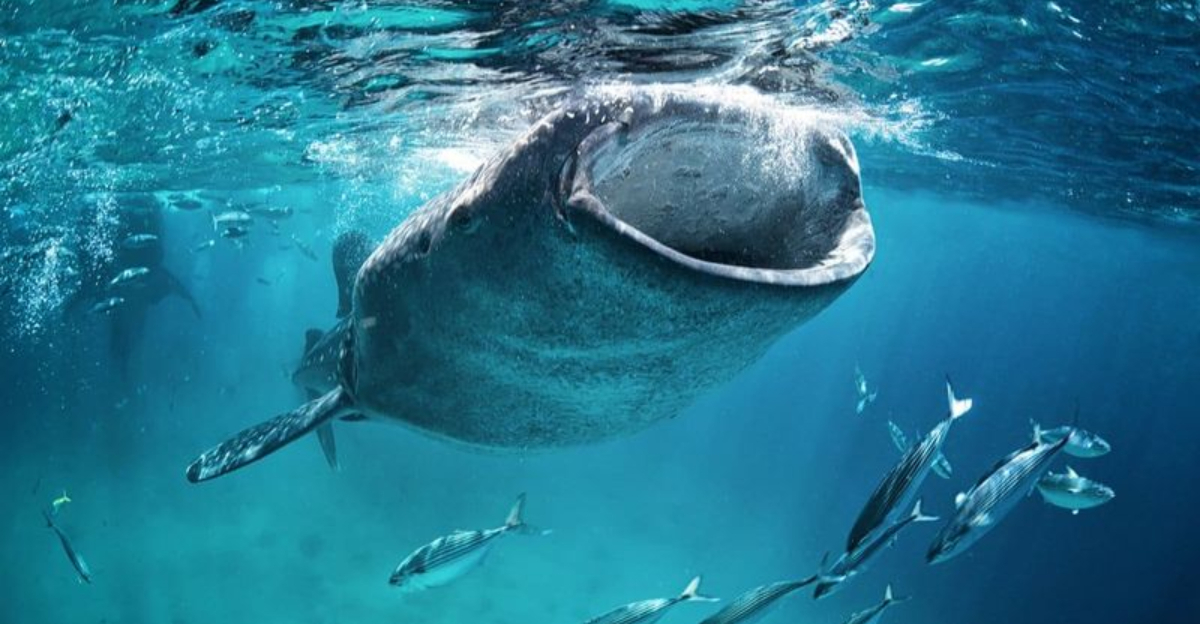
Whale sharks, the gentle giants of Mexico’s waters, face growing dangers from cruise ship tourism. These massive fish, which can grow up to 40 feet long, rely on Mexico’s coastlines for feeding and breeding.
Unfortunately, the boom in cruise tourism brings serious consequences for these endangered creatures, threatening their survival in ways many travelers never realize.
1. Noise Pollution Disorients Whale Sharks
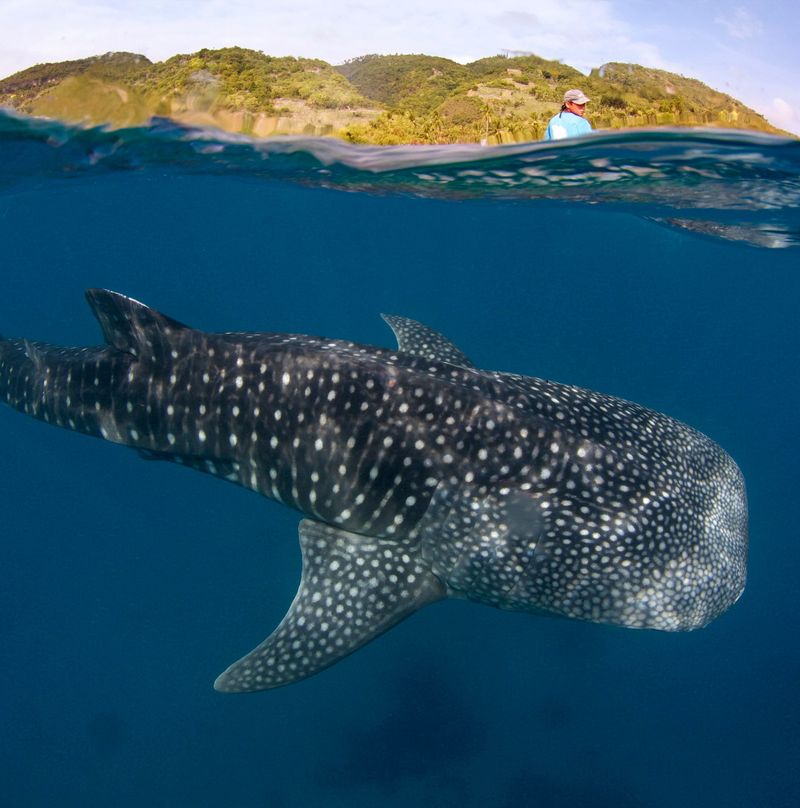
Imagine trying to find your way home while someone blasts music in your ears. Cruise ships create underwater noise that travels for miles, confusing whale sharks who rely on their senses to navigate.
These gentle giants become stressed and disoriented, making it harder for them to find food or mates. Over time, this constant sonic disruption can drive them from their traditional habitats altogether.
2. Increased Marine Traffic Disrupts Natural Behavior
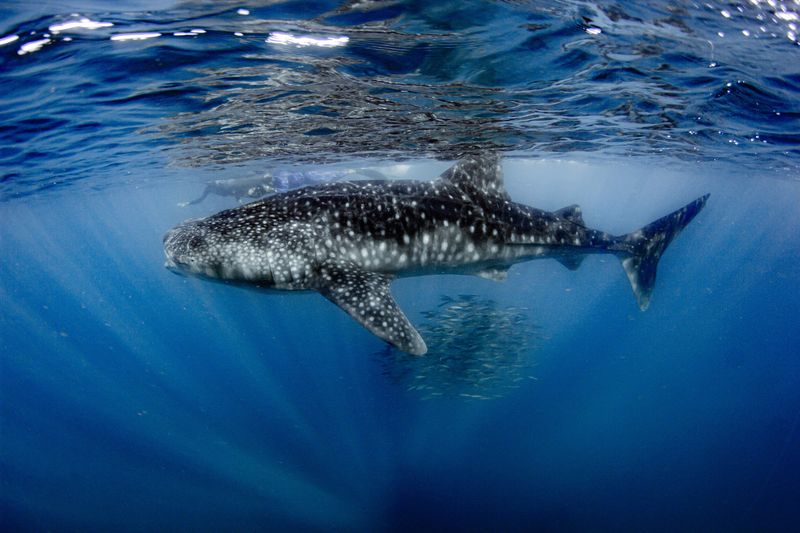
Whale sharks once enjoyed peaceful waters along Mexico’s Caribbean coast. Now, massive cruise vessels carve through these same areas daily, forcing these spotted fish to alter their routines.
Scientists have observed dramatic changes in feeding patterns when ships are present. The sharks often abandon prime feeding spots rather than share space with these floating cities. This displacement can lead to poor nutrition and reduced reproduction rates.
3. Propeller Injuries Are A Growing Threat
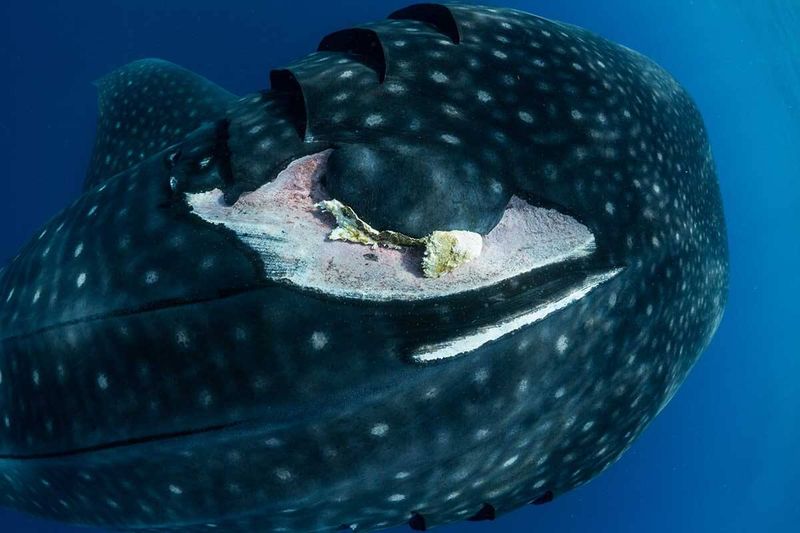
The scars tell painful stories. Researchers increasingly document whale sharks bearing massive wounds from ship propellers. These spinning blades can slice through even the thick skin of these enormous fish.
Unlike faster marine mammals, whale sharks swim slowly near the surface while feeding, making them especially vulnerable to strikes. Recovery from such injuries takes months, if the animal survives at all.
4. Tanker Waste And Fuel Residue Pollute Waters
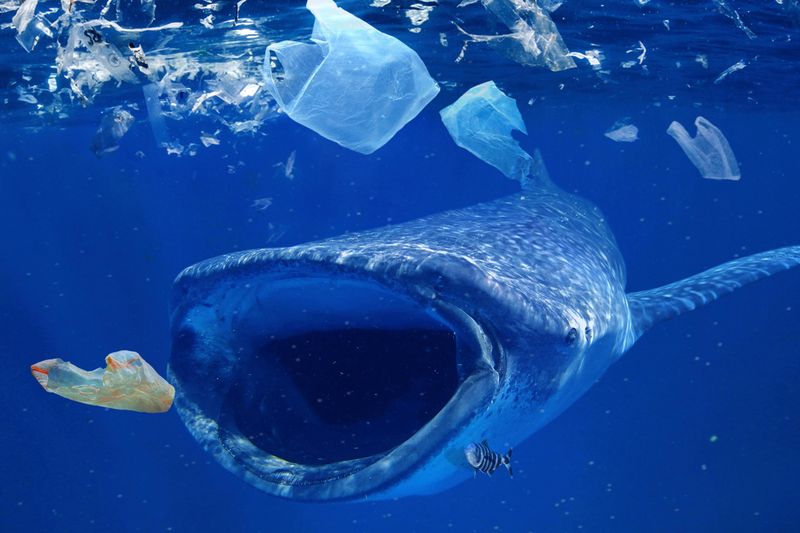
Despite regulations, cruise ships sometimes release harmful substances into the ocean. Small fuel spills and cleaning chemicals might seem insignificant, but they create toxic zones in whale shark feeding areas.
These filter-feeding animals consume everything in their path, including pollutants. The chemicals build up in their bodies over time. Marine biologists have found concerning levels of ship-related toxins in tissue samples from Mexican whale sharks.
5. Coral Reef Damage Affects The Whole Ecosystem
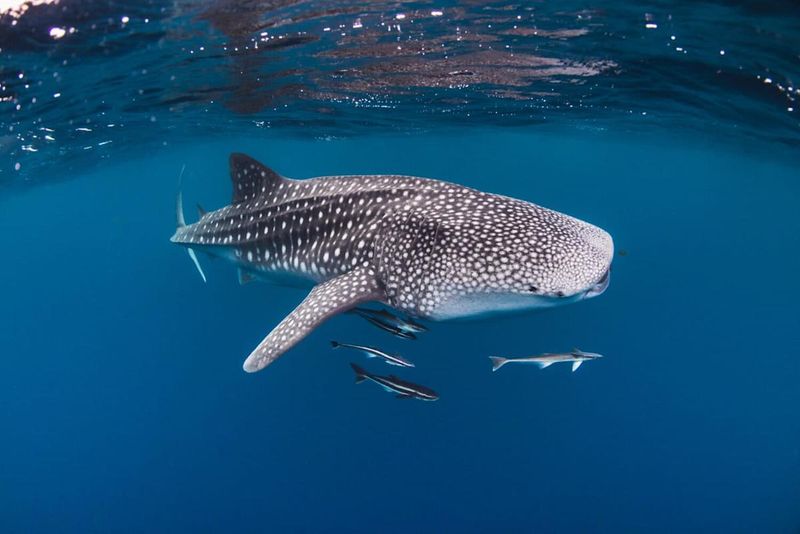
Coral reefs form the foundation of healthy marine ecosystems where whale sharks thrive. When cruise ships drop anchor or discharge waste near reefs, they destroy crucial habitat.
The plankton that whale sharks eat depends on healthy coral. When reefs suffer, the entire food chain weakens. Mexican conservation groups have documented reef damage in key whale shark gathering spots, particularly near popular cruise destinations.
6. Tourism Crowds Put Stress On Wildlife
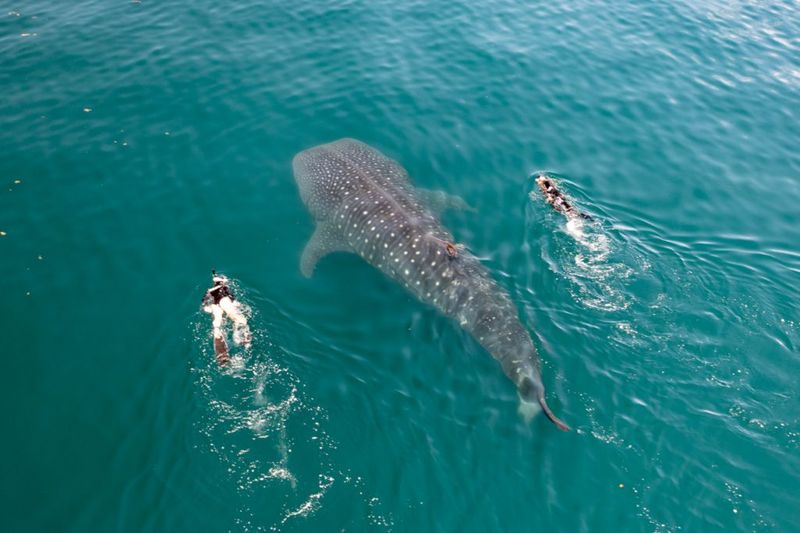
Cruise ships don’t just bring noise and pollution—they bring hundreds of eager tourists. When these massive vessels dock, they often organize whale shark excursions that overwhelm local operators’ capacity for responsible tourism.
Too many boats and swimmers surround the sharks, violating safe distance guidelines. The animals show stress behaviors like diving deep or fleeing areas altogether when surrounded by crowds of excited cruise passengers.
7. Disturbed Feeding Grounds Reduce Food Availability
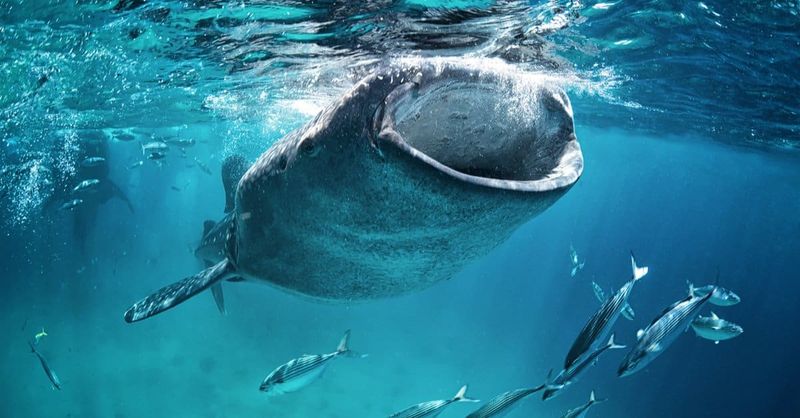
Whale sharks gather in Mexican waters for a reason: abundant food. These massive creatures need to consume huge amounts of plankton and tiny fish daily.
Cruise ships churn up feeding areas, dispersing the dense patches of food these animals depend on. The ships’ wakes and propeller action disrupt the delicate balance of plankton concentrations. Without reliable food sources, whale sharks must expend precious energy searching elsewhere.
8. Migration Patterns Are Being Altered
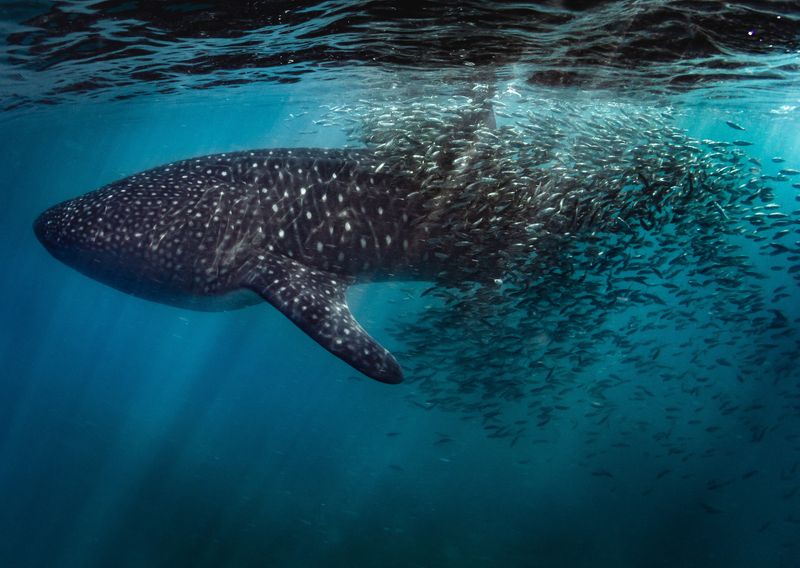
For centuries, whale sharks have followed predictable routes along Mexico’s coast. Recent tracking studies reveal troubling changes to these ancient pathways.
The sharks now take detours around busy shipping lanes, adding miles to their journeys. This extra travel burns valuable energy reserves needed for breeding. Female sharks especially appear to avoid areas with heavy cruise traffic, potentially reducing successful reproduction in Mexican waters.
9. Climate Impact From Emissions Adds Pressure
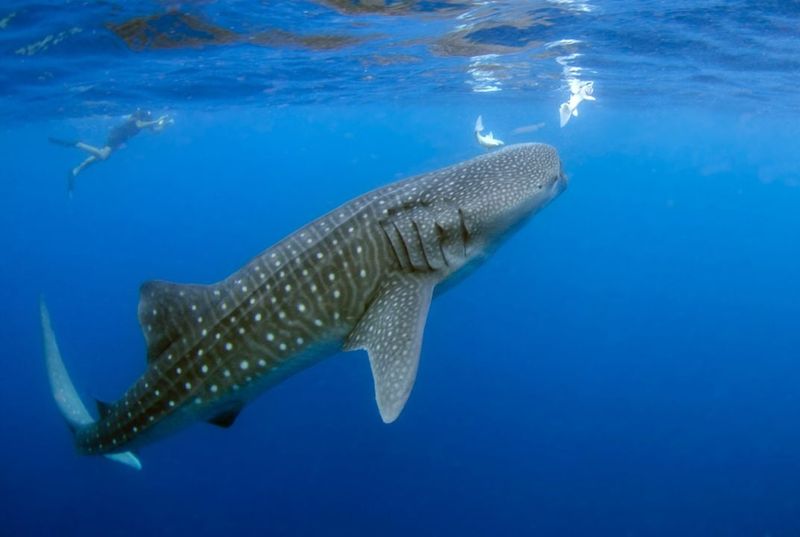
A single cruise ship can burn over 60,000 gallons of fuel daily, releasing massive amounts of carbon dioxide. These emissions contribute to ocean warming and acidification, changing the very water whale sharks inhabit.
The plankton these giants feed on are highly sensitive to temperature and pH changes. Mexican marine protected areas report declining plankton concentrations as water conditions shift, leaving fewer feeding opportunities for hungry whale sharks.
10. Enforcement In Marine Reserves Can Be Weak
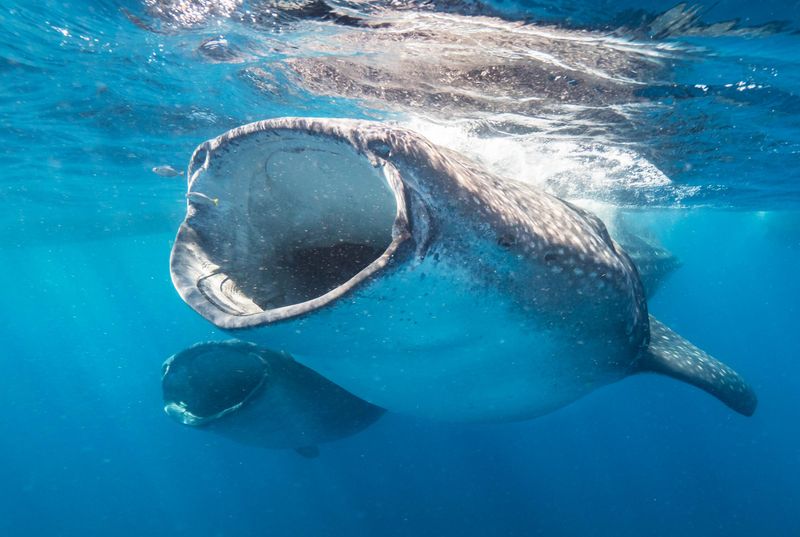
Mexico has created special protected zones for whale sharks, but enforcement remains a challenge. Cruise companies sometimes skirt regulations by operating just outside boundaries or overwhelming local authorities with their size and influence.
Rangers tasked with protecting these areas often lack resources to monitor massive cruise vessels. Community conservationists report violations going unpunished, especially during peak tourism seasons when whale sharks and cruise ships are most likely to cross paths.
11. Light Pollution Affects Natural Rhythms
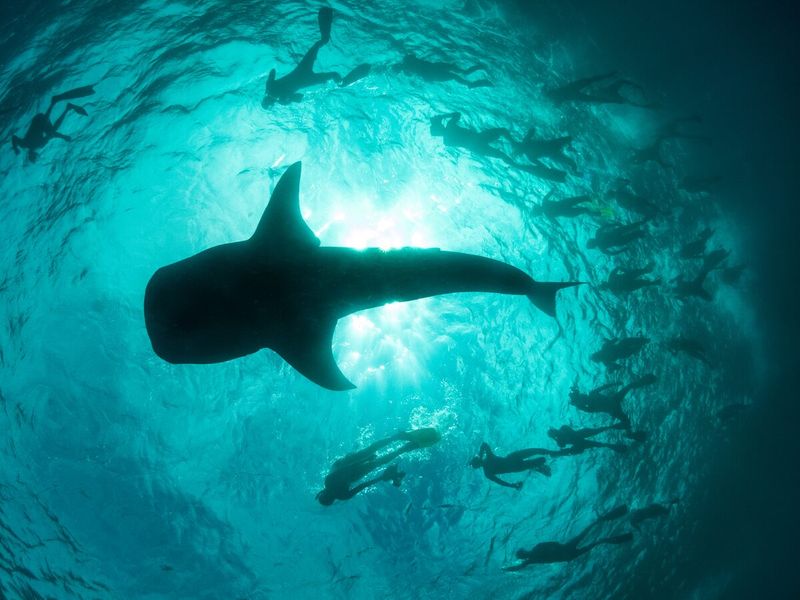
Cruise ships transform into floating light displays at night, casting bright illumination far across the water. This artificial glow disrupts the natural darkness marine creatures have evolved to expect.
Studies show that plankton behavior changes under bright lights, affecting where whale sharks can successfully feed after sunset. Mexican researchers have documented fewer nighttime feeding behaviors in areas frequently visited by brightly lit cruise vessels.
12. Local Conservation Efforts Are Being Undermined
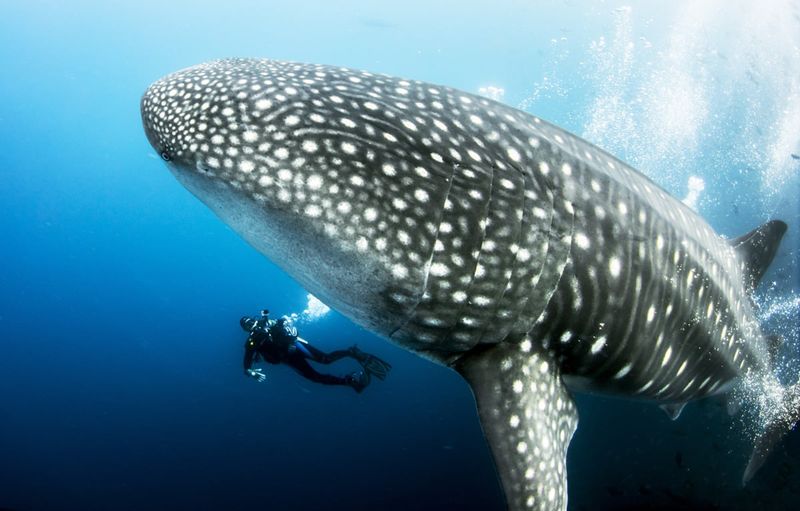
Mexican fishing communities have embraced whale shark conservation, transitioning from fishing to eco-tourism. These local initiatives promote sustainable practices that protect the sharks while supporting families.
Large cruise corporations often bypass these community operations, bringing their own boats and guides. This undermines the economic incentive for conservation among locals. Without financial benefits from protection, communities may return to more harmful practices out of necessity.




